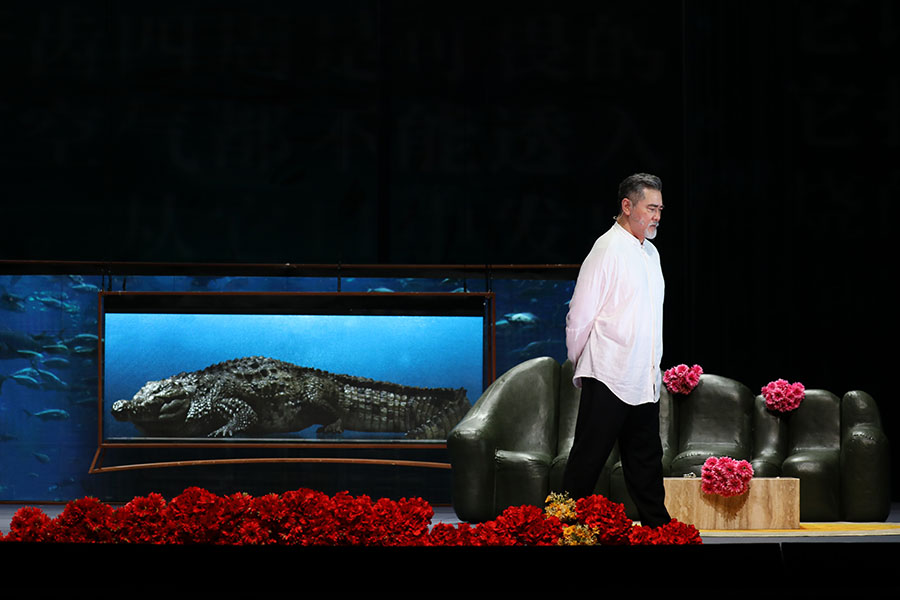MCLC Resource Center is pleased to announce publication of Barbara Jiawei Li’s review of Backstaging Modern Chinese Theatre: Intellectuals, Amateurs, and Cultural Entrepreneurs, 1910s-1940s, by Man He. The review appears below and at its online home: https://u.osu.edu/mclc/book-reviews/jiawei-li/. My thanks to Shaoling Ma, our media studies book review editor, for ushering the review to publication.
Kirk Denton, MCLC
Amateurs, and Cultural Entrepreneurs, 1910s–1940s
By Man He
Reviewed by Barbara Jiawei Li
MCLC Resource Center Publication (Copyright December, 2025)

Man He, Backstaging Modern Chinese Theatre: Intellectuals, Amateurs, and Cultural Entrepreneurs, 1910s-1940s Ann Arbor: University of Michigan Press, 2025. 360 pp. 9780472057559 (Paperback), 9780472077557 (Hardcover), 9780472905119 (Open Access).
Theatre is inherently a three-dimensional art form. Its essence lies not merely in texts, but in the dynamic interplay of acting, scenography, spatial design, and audience reception, which constitutes the Gesamtkunstwerk (total work of art). Because of this, scholars of theatre history are usually wary of two tendencies—namely, an overemphasis on scripts and a lopsided concentration on theatrical production. The former risks producing an incomplete, sometimes even distorted, historical narrative; the latter may be equally insufficient in reconstructing historical reality. All this is to emphasize that the evanescence of theatrical performance poses great challenges to historiography: performances end and documentation remains fragmented.
Seen in this light, Man He’s Backstaging Modern Chinese Theatre: Intellectuals, Amateurs, and Cultural Entrepreneurs, 1910s–1940s delivers on both counts: through extensive archival research, the book analyses playtexts while grounding them in their performance contexts. Man He calls this approach “backstage.” Backstage is “more than just a physical location”; it is “the nebulous realm through which an idea manifests, makes its first steps toward actualization, gains institutional support, and ultimately secures hegemonic power” (2). This approach requires attention both to texts and to the behind‑the‑scenes work that enables them, such as rehearsals, training, stage design, backstage rules, and the institutions and people who support the productions. It encourages scholars to tease out the archival traces of theatrical labor and thus reconstruct theatre history with greater details.
Through the lens of the backstage, Man He looks at the growing domination of modern Chinese theatre (huaju 話劇) between the two World Wars. The author focuses on huaju because she sees it as a central cultural arena where the idea of modern China was actively shaped (4). Rather than treating huaju as simply a Western‑influenced spoken drama that replaced traditional theatre, He shows that its real significance lies in the backstage worlds where scripts were revised, actors trained, costumes designed, institutions built, and political visions negotiated. These backstage processes brought together overseas students, cosmopolitan intellectuals, rural amateurs, government officials, and wartime refugees, all of whom used huaju to articulate China’s place in a global modernity. Continue reading Backstaging Modern Chinese Theatre review












